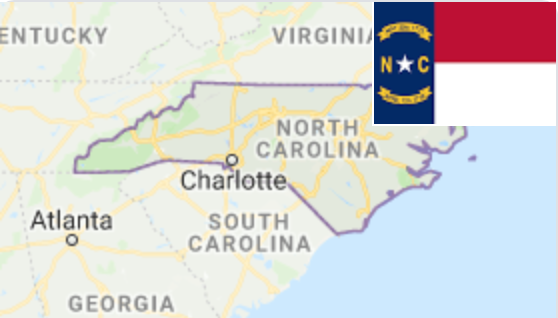Raleigh, North Carolina recently unveiled the Network Monitoring and Assistance Center, or NMAC, what the state says is the first-of-its-kind public safety-network monitoring center. State Scoop reported that NMAC would act as a resource for first responders and 911 dispatchers while the state works with AT&T to complete its transition to a new digital 911 network, called ESInet. The telecom will retain ownership of the system while the state manages it.
According to Pokey Harris, the executive director of the North Carolina 911 board, the center will act as a 24/7, one-stop-shop for all of the network’s growing pains; which includes troubleshooting network issues and training dispatchers on the new digital system.
“As more and more 911 centers across the state upgrade their technology to support next-generation 911 services, the Network Monitoring and Assistance Center will play an important role in making sure services run smoothly across the state,” North Carolina Chief Information Officer Eric Boyette said in a press release.
NMAC will not dispatch 911 calls, instead, acting as a resource for the state’s 127 call centers. Within that number are 16 PSAPs that have already switched over to ESInet, which can handle photos, videos, and caller location, per State Scoop.
The new NMAC will also act as a data repository, collecting information on network performance. Any networking or equipment-related issues that 911 dispatchers or managers have will be directed to the NMAC, Harris said. “We wanted our 911 managers and directors to have a comfort level as they move to this next-generation technology, or the ESInet, that they would have one phone number to call for any issues,” Harris added.
The federal government recently offered $109 million funding to 34 states and tribal territories, including North Carolina, to implement next-generation 911, according to State Scoop. As ESINet is built out, Harris said the state intends to put another 20 to 25 PSAPs onto the network by the end of 2019 and complete the rollout by July 2021.
September 27, 2019




Reader Interactions